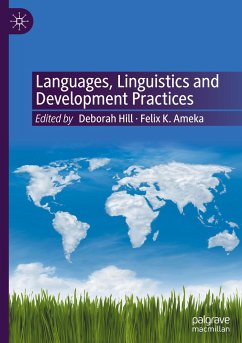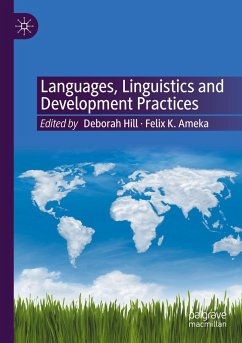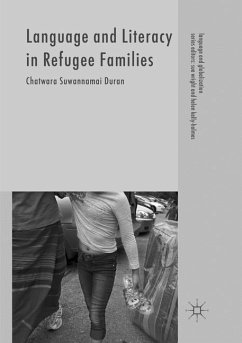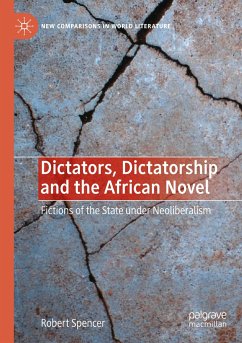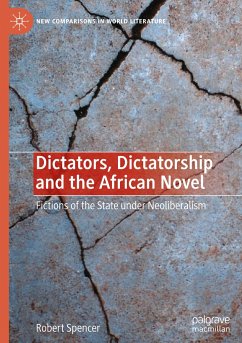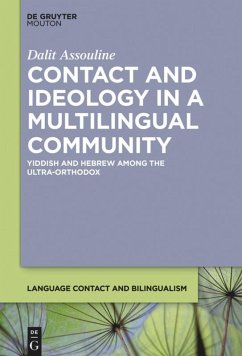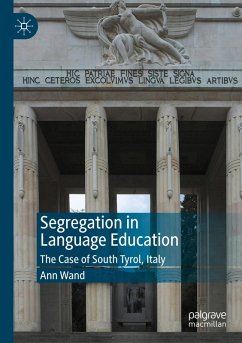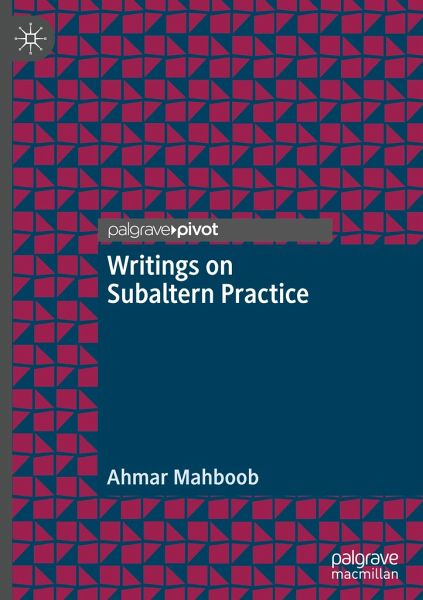
Writings on Subaltern Practice

PAYBACK Punkte
17 °P sammeln!
Subaltern theory emerged as a small voice within academia decades ago. Over time, this work generated significant debate and numerous publications, talks, and conferences. However, little has changed in the experienced lives of the masses. This led people to wonder: "the subalterns seem to have a voice, but can they take action?"; or, in other words, is there subaltern practice?This collection of essays and poems, written with a broad audience in mind, hopes to demonstrate not just how the subaltern can identify and question hegemonic practices, but how they can create alternative frameworks a...
Subaltern theory emerged as a small voice within academia decades ago. Over time, this work generated significant debate and numerous publications, talks, and conferences. However, little has changed in the experienced lives of the masses. This led people to wonder: "the subalterns seem to have a voice, but can they take action?"; or, in other words, is there subaltern practice?
This collection of essays and poems, written with a broad audience in mind, hopes to demonstrate not just how the subaltern can identify and question hegemonic practices, but how they can create alternative frameworks and material that enable themselves and their communities. In doing so, this book aims to demonstrate not just how deep the colonial poisons run, but also how to detoxify ourselves and the environment around us.
The writings included in this book study the inequalities that we experience in and around us and suggest actions and practices that can help us regain harmony. It is a callfor action and a sharing of ideas that can enable us to regain balance and fulfil our human responsibilities.
This collection of essays and poems, written with a broad audience in mind, hopes to demonstrate not just how the subaltern can identify and question hegemonic practices, but how they can create alternative frameworks and material that enable themselves and their communities. In doing so, this book aims to demonstrate not just how deep the colonial poisons run, but also how to detoxify ourselves and the environment around us.
The writings included in this book study the inequalities that we experience in and around us and suggest actions and practices that can help us regain harmony. It is a callfor action and a sharing of ideas that can enable us to regain balance and fulfil our human responsibilities.




